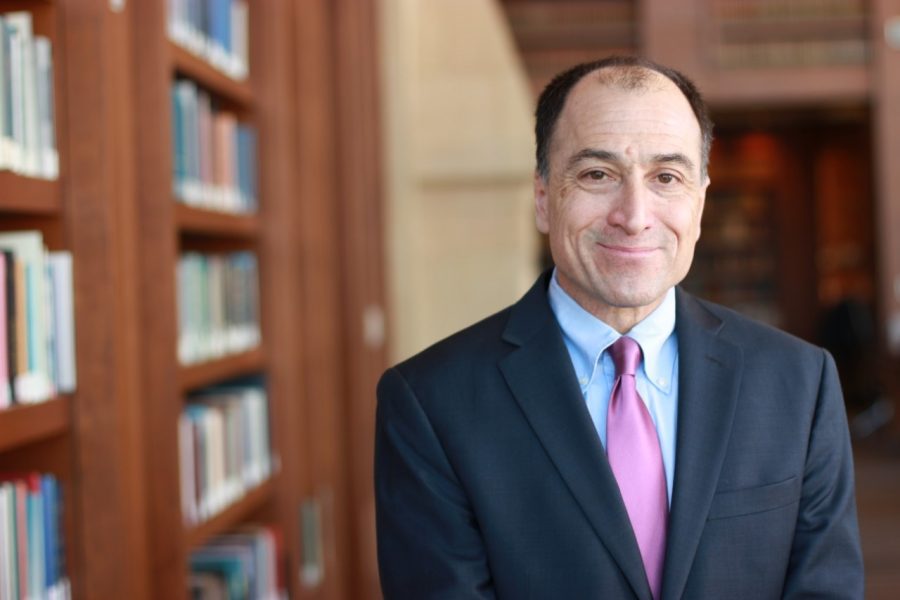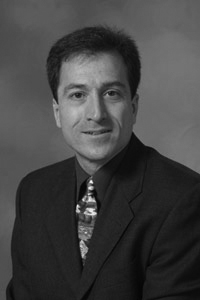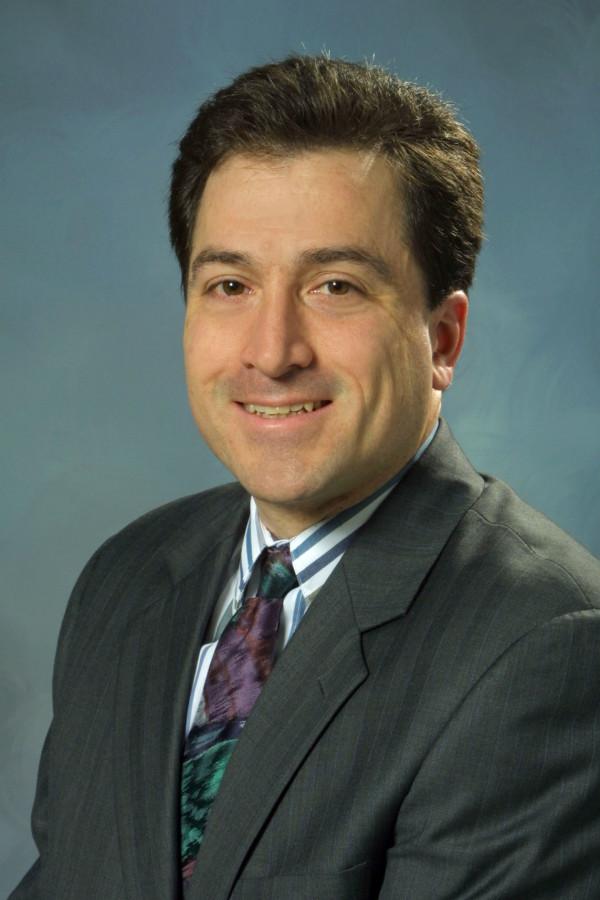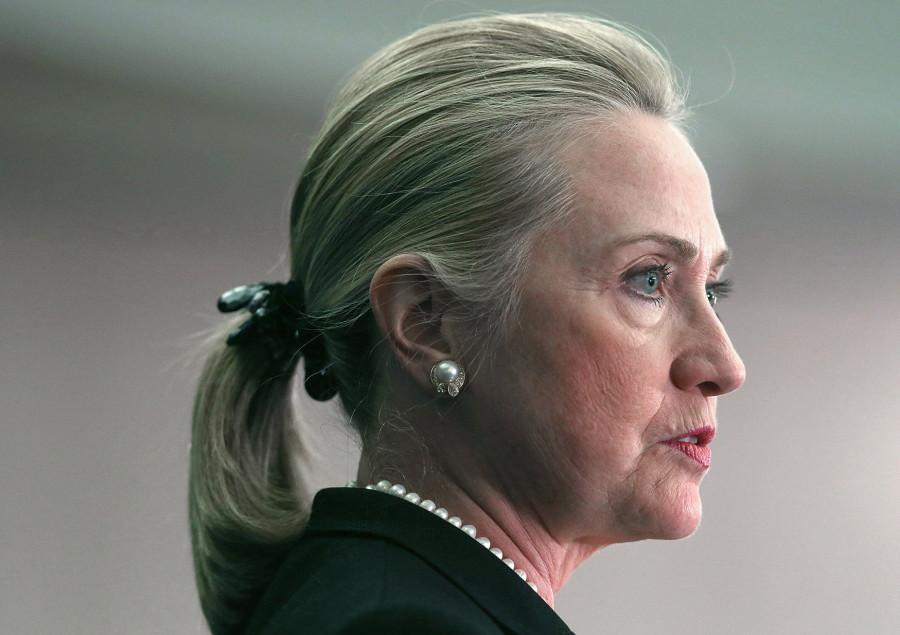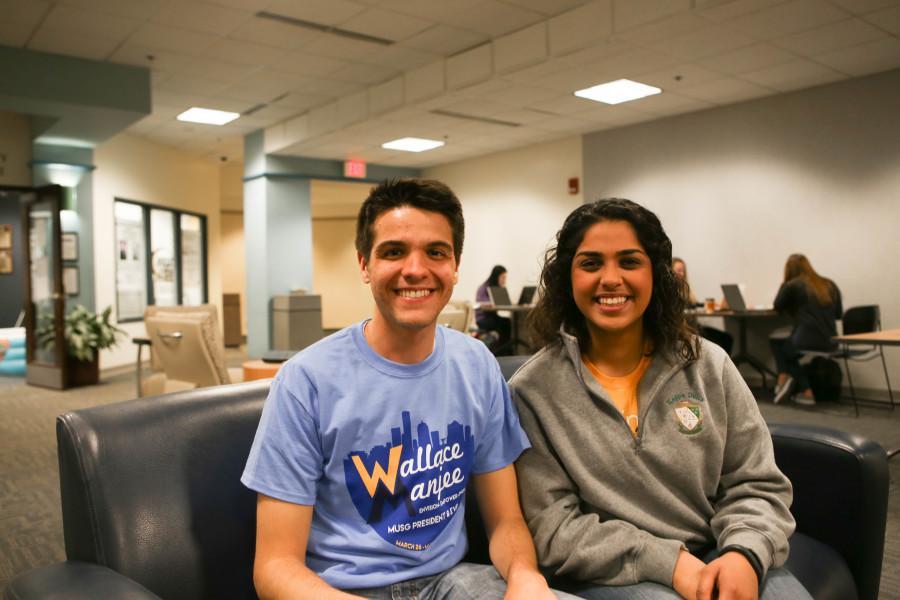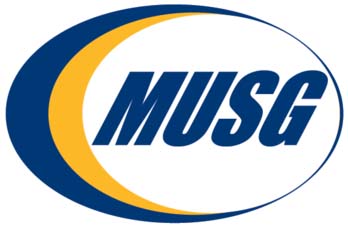The race for the Wisconsin Supreme Court is heating up with today’s primary election. Voters will have the chance to choose the two candidates who will compete in the April 2 general election.
Of the three candidates, Patience “Pat” Roggensack, Ed Fallone and Vince Megna, incumbent Roggensack has the most statewide support so far, due to her 10-year presence on the bench.
“Justice Roggensack has earned the endorsement from 108 current Circuit Court judges, 11 retired Circuit Court judges and 3 current Court of Appeals judges,” reads a press release from the Roggensack campaign. “She is also endorsed by 53 sheriffs statewide and the Milwaukee Police Supervisors’ Organization.”
Despite her broad support, Roggensack has not been immune to controversy. In June 2011, Justice David Prosser allegedly put his hands around the neck of Justice Ann Bradley during an altercation. The act is a violation of Wisconsin Supreme Court ethics and would therefore be subject to an ethics trial.
Justice Roggensack was witness to the event and later removed herself from hearing the case. If other judges follow this example, the ethics trial will not be held.
For this reason, candidate and Marquette law Professor Ed Fallone has repeatedly called the Court dysfunctional.
“When we absolutely need our justices to be independent, to represent the people, but they represent the special interests – that is when our Court is completely dysfunctional,” Fallone said at a Feb. 7 forum in Milwaukee.
Megna has been a lemon law lawyer in Milwaukee since 1990 and is a 1973 Marquette law school graduate. He said he is running for the Wisconsin Supreme Court due to his belief that he can better represent residents’ views.
“I’m a Democrat who has been representing consumers for 23 years in the state,” Megna said. “What I’ve learned is the court doesn’t have an average person perspective. It has become way too political and holds a conservative majority.”
While gathering the necessary signatures to earn a spot on the ballot, Megna was constantly asked about his stance on certain issues and political beliefs.
“Typically a judge never tells their political beliefs, but your voting record shows who you are, and I’ve acknowledged that by stating I’m a Democrat,” Megna said.
State officials are predicting a voter turnout of less than 10 percent for Tuesday’s primary. Justice Roggensack has raised almost $202,000 since January, compared to the $75,000 raised by Fallone, according to the Milwaukee Journal Sentinel.
This disparity in fundraising, combined with a low expected turnout, has prompted Fallone and Megna to agree that special interests should not be able to dictate and influence judicial races.
“Interest groups have an agenda that influences judicial races,” Fallone said. “That’s why I have suggested having judicial races publicly financed.”
As a challenger, Fallone has been gaining some ground, especially in the Milwaukee area. For many years, he has been involved in access to justice groups and has been active in the city’s Latino community.
“There has been a really positive reaction to my campaign,” Fallone said. “People see a change on the Court is needed, and they want a Court they can be proud of.”
Fallone and Megna both acknowledged the long-lasting effects of the election and have called on college students to take notice of the race. Megna cited a specific case involving landlords as an example of an issue affecting students.
“In December 2011, a bill passed that makes it hard to file a claim with a court over a security deposit,” Megna said. “College students fit into the consumer class, and right now the Court is not consumer-friendly.”
Fallone said the sheer length of a judicial term should be enough to make voters pay attention.
“Justices serve a 10-year term, so they will have a great impact on everyone,” Fallone said. “There are only small opportunities to hold accountability.”
Students registered to vote can cast their ballots today at the AMU from 7 a.m. to 8 p.m.


